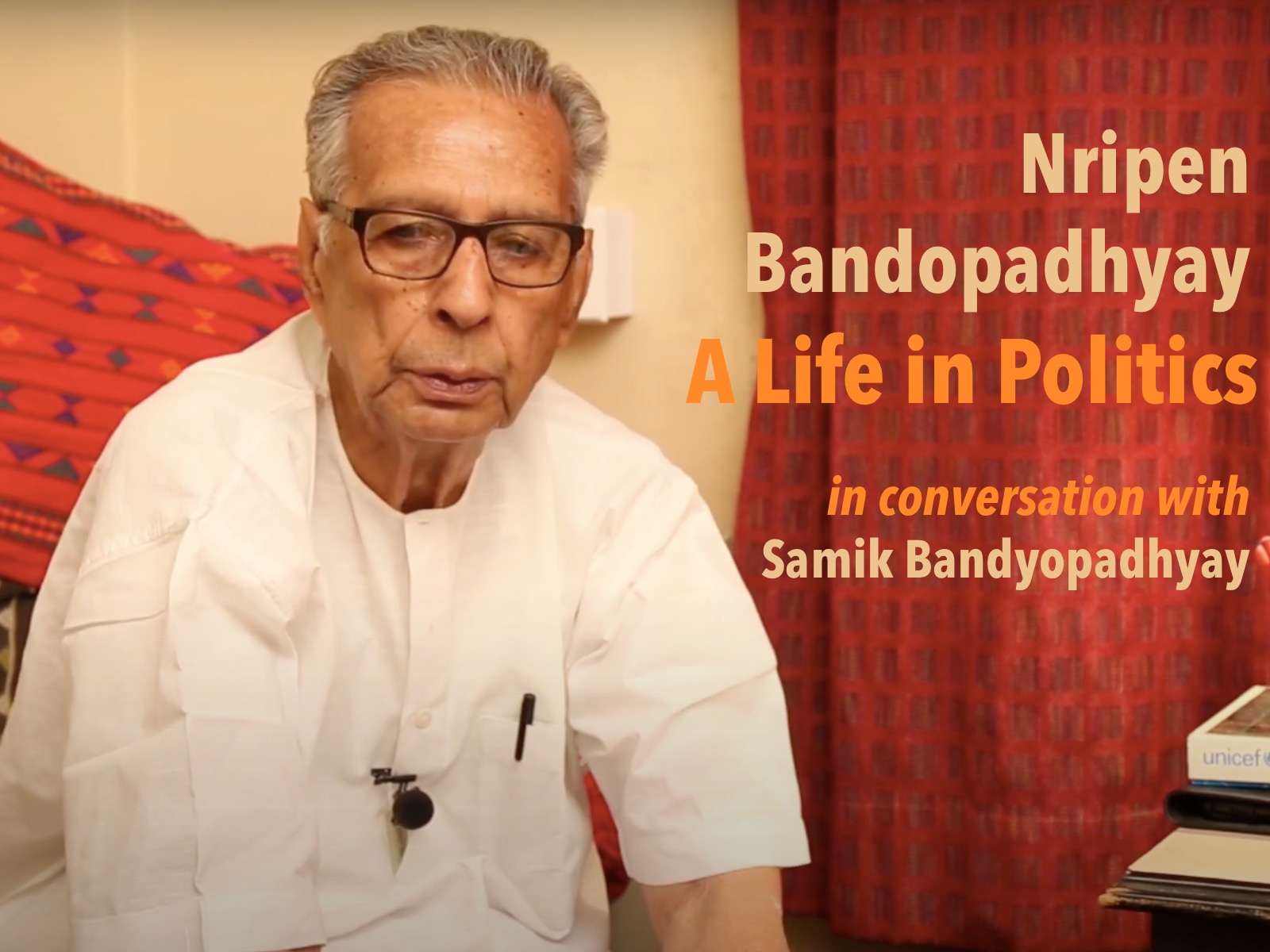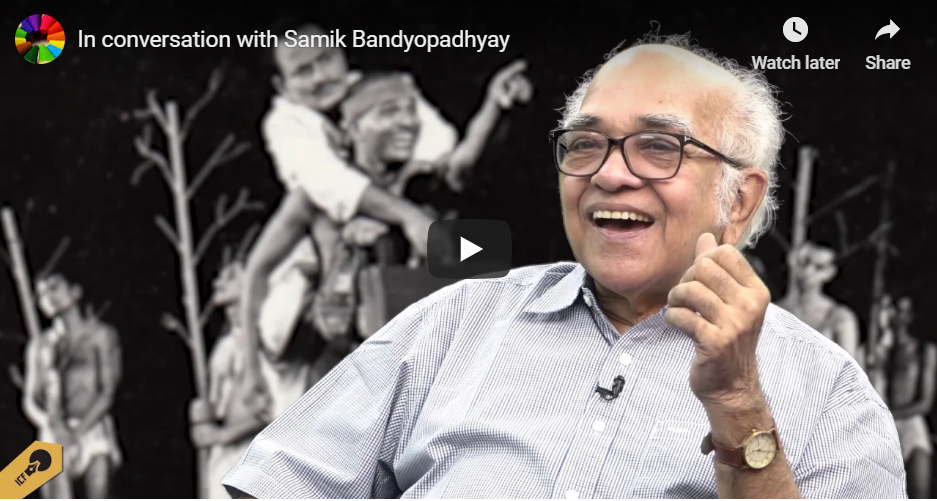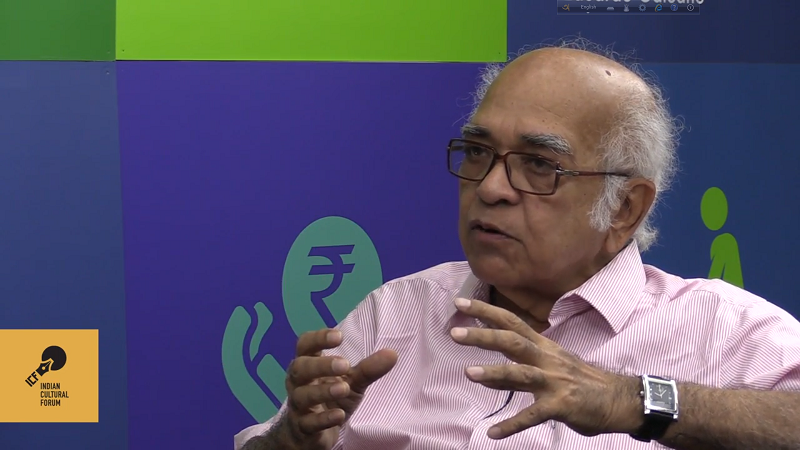Nripen Bandyopadhyay (b. 1929), eminent social scientist and thinker, specializing in agricultural economics, statistics and history, and lifelong Communist activist, in conversation with Samik Bandyopadhyay, offers a first-person narrative of the rise and growth of Left politics in eastern India in the years of World War II and beyond, through a militant mobilization of students, cultural figures, workers and peasants, creating its own popular base in its engagement with famine relief in 1943-44; anti-colonial protests in 1946-47; resistance to communal divisiveness and violence in 1946-47; struggle for the rights of tribals and peasants, 1946-50; the rehabilitation of post-Partition refugees, 1947-52; and trade union movements through the sixties.
The narrative has a more personal trajectory in the account of his years in prison in 1948-50 when the Communist Party is banned; and his deeply perceptive observations on the series of shifts in the political policy and agenda of the Communist movement in India, against the backdrop of developments in the world Communist movement post-20th Congress of the CPSU, and the Sino-Soviet rift.
Samik Bandyopadhyay (b. 1940), teacher, bibliophile, lexicographer, editor-publisher, a critic of the arts, is a pioneer in translations and art publishing in India. With his lifelong commitment to the aural and the printed word alike, he has been instrumental in envisioning and creating rich repository archives in the theatre and performing arts. He has single-handedly compiled an English-Bengali-English dictionary and is now working on another major dictionary project.



